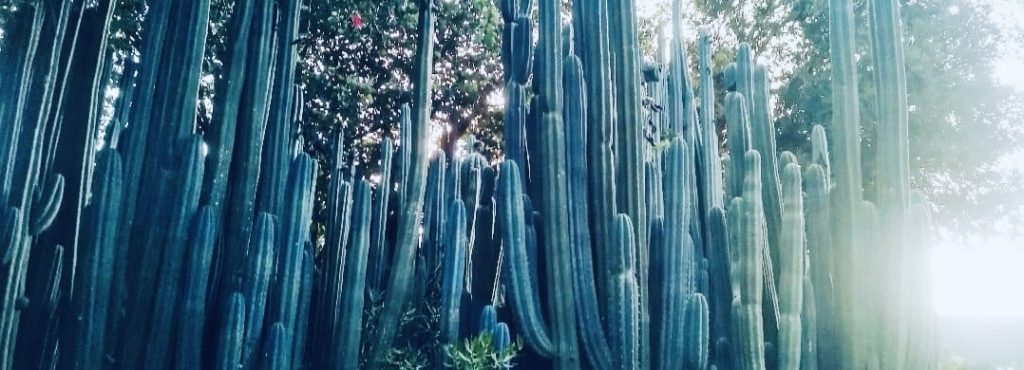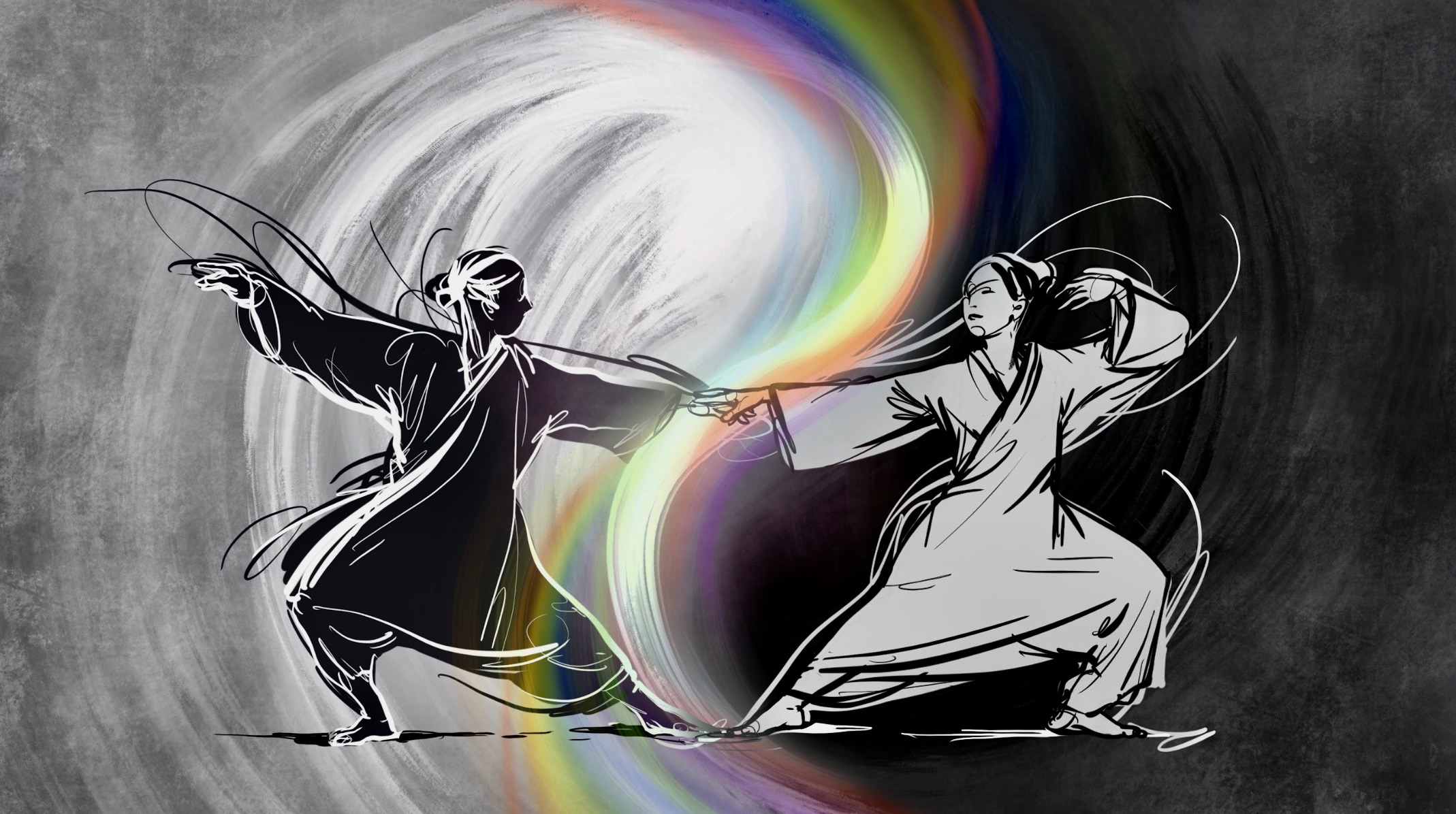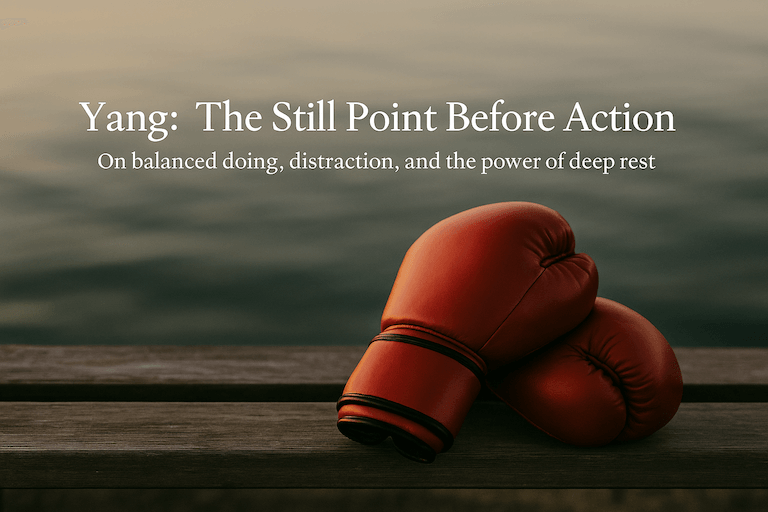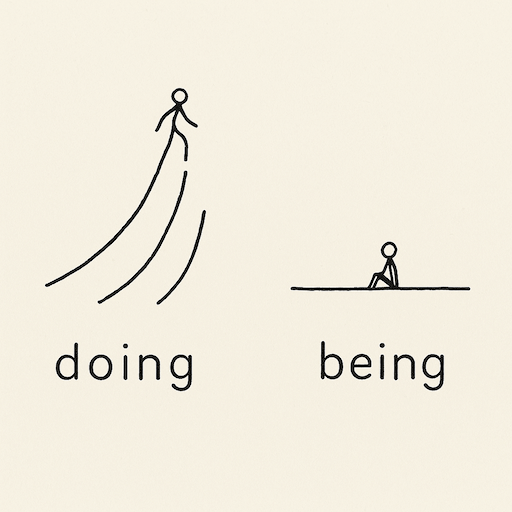It’s that time of year again when we find ourselves nearing the end of a full cycle around the sun.
As a teacher of mine says: “December arrives with her bag of paradoxes: joy and grief, victory and defeat, beauty and difficulty all tangled together.” This is the season of remembering, not as a dusty archive of “what happened,” but as a living practice of honouring what was, so that it can ripen into fuel for what wants to come.
It’s also a time when we start to think about next year. As we approach the new year’s moment, it is a transition we cross never to return again. This year we are in—2025—takes its place in the library of the past. And as we continue to move into the future, things of this year that felt so important and urgent begin to fade as new priorities take their place.
The Problem with New Year’s Resolutions
The challenge in this great arc between past, present, and imagined future is that we live in a culture intensely future-focused. Exhibit A: the tradition of New Year’s resolutions — “This year I’m going to be better!”
And yet, we so often repeat the same patterns.
Because willpower isn’t enough. Motivation isn’t enough. Good intentions aren’t enough.
The Real Condition for Change
There is only one real condition for change from my perspective: seeing.
We have to be willing to see ourselves clearly. Awareness itself contains all the ingredients for the changes we are looking for. It’s unusual to think about it this way, that we don’t have to try so hard to change. In fact, the trying often gets in the way. Every year we witness people making bold resolutions, keeping them up for a while, and then falling back even harder into the old ways.
But what if the issue isn’t the resolution?
What if the issue is our relationship to the old ways?
Take an extreme example: someone whose old way is drinking too much decides to stop. It’s probably an intelligent idea. But it also reveals one of our human blind spots — the belief that we can simply decide to change and that will be enough.
The decision isn’t the problem. The how is.
How to Change
How do we change?
How do we dream a future that actually fills and guides us?
We are dreamers by nature. Every night we drift into that mysterious inner landscape of imagination that feels utterly real. To dream deeply is to be in communion with something larger than ourselves. And the dreams that most fulfill us are always, in some way, in service to life.
So the real question for the dreamer in us, the one longing for a more honest, grounded, or sober life is:
How do we move with the dream in a real and embodied way?
And here comes the part many of us resist.
The Practice of Composting the Year
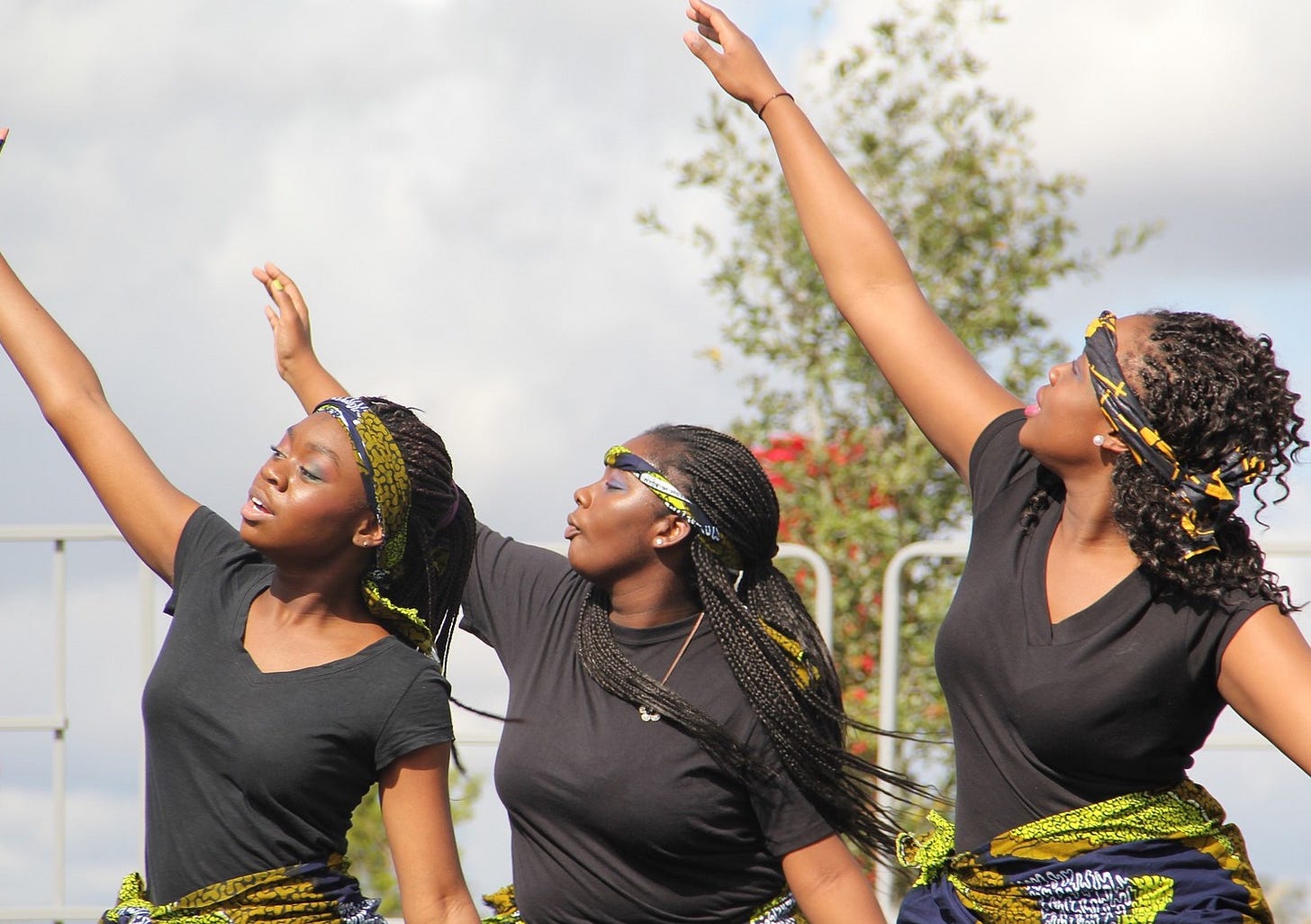
The Akan people of Ghana express the art of remembering through the symbol Sankofa, a bird walking forward while turning back to retrieve an egg. Its teaching is simple and profound:
“Go back and fetch what you left behind.”
In this worldview, the past isn’t something to escape.
It’s a living source of guidance.
Nothing is wasted, every experience contains nutrients if we’re willing to look.
Sankofa is mythic composting:
- Feet in the present
- Body moving forward
- Awareness turning back to gather what’s useful
It’s not nostalgia. It’s integration.
We must look backward and make it a practice. Not clinging to what was, but composting it. The triumphs, the failures, the awkward moments and the shining ones—all of it belongs. When we bring it into the circle of our awareness, memory transforms. It becomes medicine instead of baggage.
This is not indulgence. It’s evolution.
So we reflect on the kinds of people we have been. See ourselves with compassion and clarity, with a little distance.
Watch this character go about their year. What stood out for them? What was difficult? What did they do with the difficult? To see the ways that they persevered and got through hard things. The fact that we’re still here is a testament to our strength.
We acknowledge the times that we fell down. The ways that we got up again. What is it that we learned this year about who we are and what truly matters to us?
What will we take with us next? Think like we might have left parts of us behind that had important things to tell. Now is a good time to remember, to make a space for the field of past and allow the memories to surface.
The Invitation
If this practice interests you, there are two ways to engage:
Join the Sankofa Writing Journey – We Go Further Together
A guided group experience where we reflect on the year through writing and ceremony. All sessions are online via Zoom. Three meet-ups: 10th – 22nd December. Find all the details on my website here or on Facebook.
Solo Reflection – If you prefer the recollection project on your own, here are some prompts to guide you:
- What stood out this year? What moments feel most alive when you think back?
- What was difficult? How did you meet those difficulties?
- What parts of yourself did you discover or rediscover?
- What do you want to acknowledge about your journey—both the falling down and the getting back up?
- What wisdom from this year do you want to carry forward?
- What are you ready to leave behind?
You might follow the morning pages ritual, you can read more on that here.
Set aside time. Light a candle. Write with honesty and compassion. Let the memories surface without judgment. This is how we change our relationship with the old ways—not by forcing them out, but by seeing them clearly and choosing how we carry forward. The meaning that we give these experiences, or finding the stories to tell that acknowledge the past and also give us strength to meet the future.
The dreamer in you knows what wants to emerge. Give yourself the gift of looking back, so you can move forward with clarity and truth.
Art: Sankofa by Aaron F. Henderson
